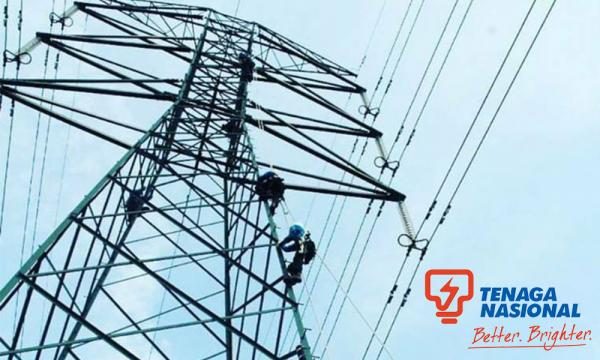The ongoing debate on the future of government-linked companies (GLCs) and their management is complex and multifaceted. These articles contributing to this discussion are based on the third Tun Hussein Onn Chair lecture delivered by Jomo KS, now a member of the Council of Eminent Persons.
COMMENT | In most cases of privatisation, there have been some beneficial outcomes, which have served to legitimise the ownership change. Nevertheless, overall net welfare improvements have never been demonstrated in many cases.
Never is everyone better off. Rather, some are better off, while others are not, and possibly even worse off. Or the costs of the partial gains have been high, or even negated by the overall costs, which may be diffused, and less directly, or even imperceptibly felt by the losers.
Since many state-owned enterprises (SOEs) are public monopolies, privatisation has typically transformed them into private monopolies, where opportunities to abuse market monopoly power enable more rents and corporate profits. As this is often the private sector’s yardstick of success, not surprisingly, private monopolies are likely to abuse their market power to maximise rents for themselves. Thus, the privatisation of public services tends to burden the public, especially if charges are raised for privatised services.
Also, in most cases, privatisation has not solved the problem of governments’ fiscal deficits, and may even worsen budgetary problems. Privatisation may worsen the fiscal situation due to loss of revenue sources, or tax evasion by the new private owners, the government is often forced to cut essential public services. Options for cross-subsidisation to broaden coverage are reduced as the government is usually left with the unprofitable activities while the potentially profitable is acquired by the private sector.
In most cases, profitable SOEs were privatised as the prospective private owners were interested in securing and maximising their profits. Fiscal deficits have often been exacerbated as new private owners use creative accounting to avoid tax, secure tax credits and subsidies, as well as maximise retained earnings. Meanwhile, governments lose vital revenue sources due to privatisation if SOEs are profitable, and are often obliged to subsidise the privatised monopolies to ensure the poor and others are still served by the privatised utilities or services.
Privatisation burdens the public when charges or fees are not reduced or when the services provided are significantly reduced. Thus, privatisation often burdens the public in many different ways, depending on how market power is deployed or abused.
Often, instead of trying to provide a public good to all, many people are excluded...





